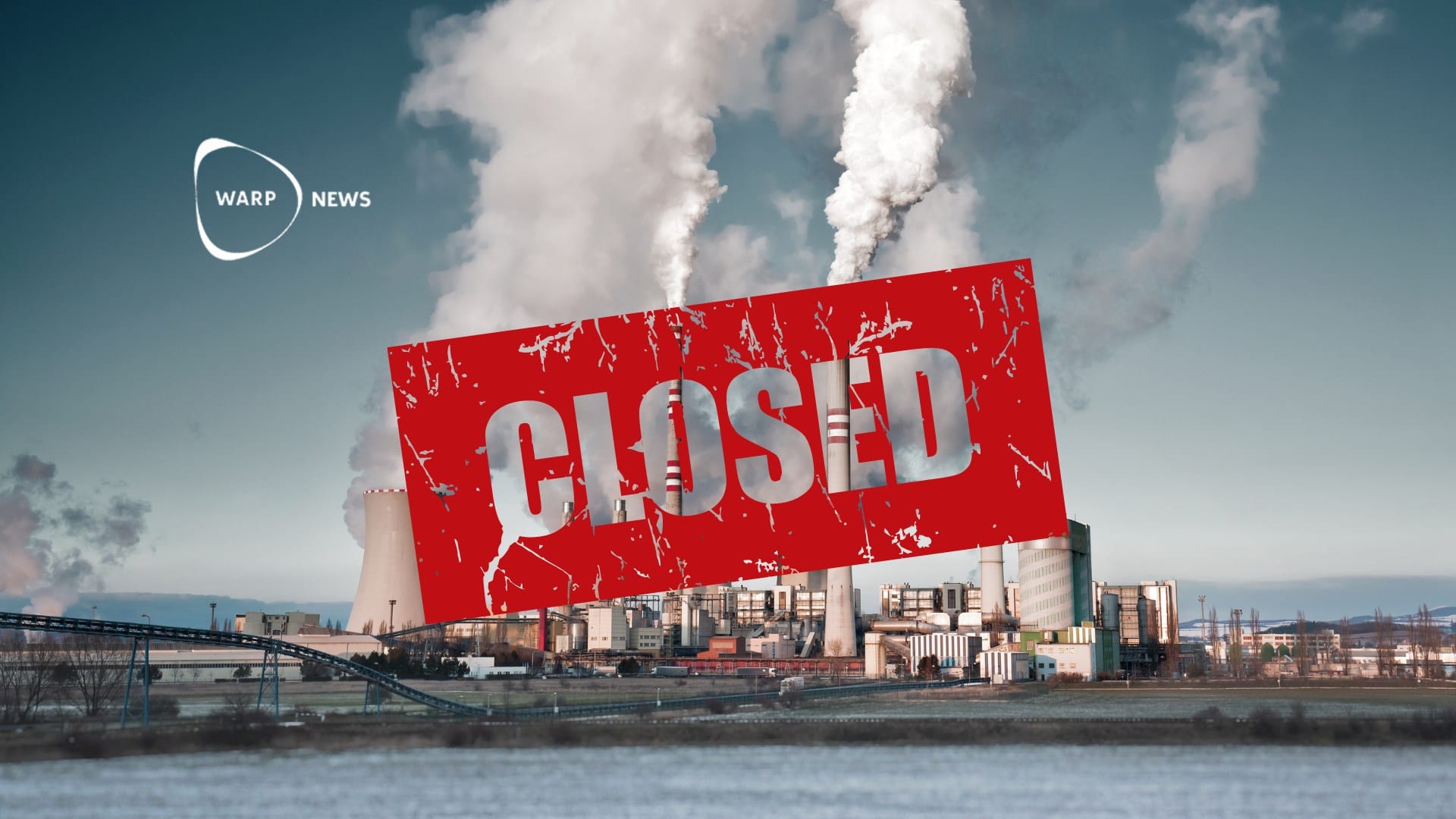Climate Change
📉 UK greenhouse gas emissions are at their lowest level since 1879
The country has reduced its greenhouse gas emissions by 53 percent since 1990, while its gross national product has increased by 82 percent. Coal usage fell to the lowest level since the 1730s.
🌎 Global Overshoot Day occurs later this year
According to the Global Footprint Network, ecological "overshoot" occurs when human demand exceeds the regenerative capacity of natural ecosystems. The later in the year this day occurs, the better. (But the model also has clear flaws.)
🚢 The world's largest electric ferry charges in six minutes - and reduces emissions
Electrification of a previously diesel-electric ferry reduces CO2 emissions annually by about 28,000 tons. The transition to fully electric operation is expected to be cost-effective within eight years, and the ferry is estimated to operate many more years than that.
❌ Slovakia closes its last coal-fired power plant – six years ahead of schedule
Slovakia has now ceased production at its last coal-fired power plant. The country's electricity is now almost exclusively from nuclear and renewable sources. The goal has been to phase out all coal power by 2030. A goal that is now achieved six years ahead of schedule.
🌞 Scientists solve decade-long problem: Converting carbon dioxide to methanol (good for the climate)
The process occurs at room temperature and normal air pressure, simplifying the conversion. Achieving this at room temperature is something scientists have been trying to accomplish for several decades.
🏭 Terraform Industries converts electricity and air into synthetic natural gas for the first time
The company's process involves cost reductions, with the conversion of clean electricity to hydrogen for less than $2.50 per kilogram and CO2 capture for less than $250 per ton.
🌎 The vast majority believe in climate change and want to do something about it (but think others don't)
A study published in Science, in which 59,000 people in 63 countries were surveyed, showed that 86% "believe" in climate change. 86% think that people in their country "should try to combat global warming." However, they wrongly believe that others do not think the same.
📉 Emissions from new cars have halved over the past four years
Carbon dioxide emissions from new passenger cars decreased by over 8 percent from the previous year. Over the past four years, emissions from the average new passenger car have almost halved. The significant increase in electric cars is crucial for this development.
⚡ Record decrease in emissions from the EU's energy sector - renewables exceed 40%
Record decrease in coal, gas, and CO2 emissions in 2023 resulted in the EU's cleanest electricity mix ever. Emissions from the power sector have now nearly halved (-46 percent) since their peak in 2007.








